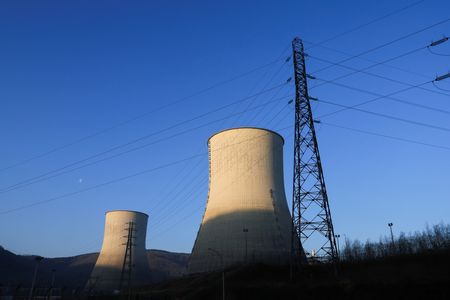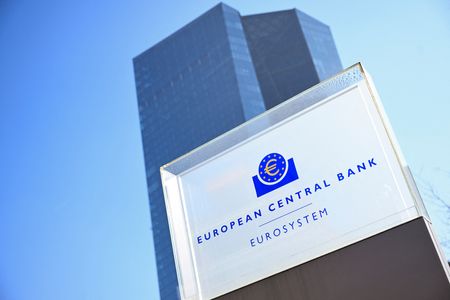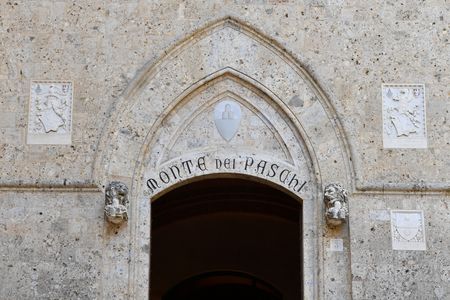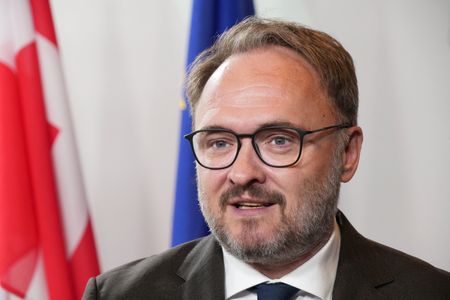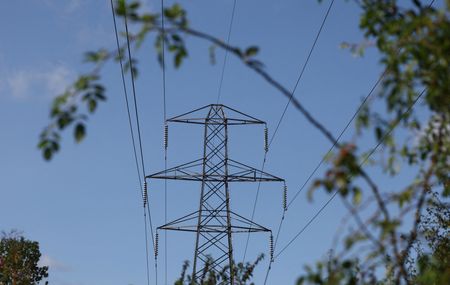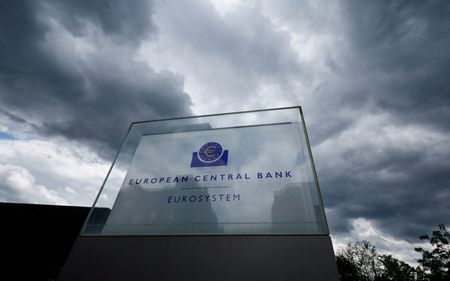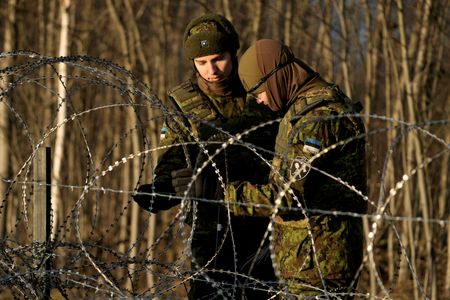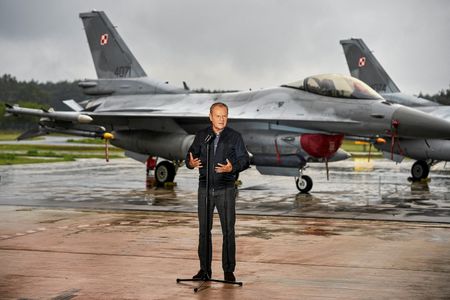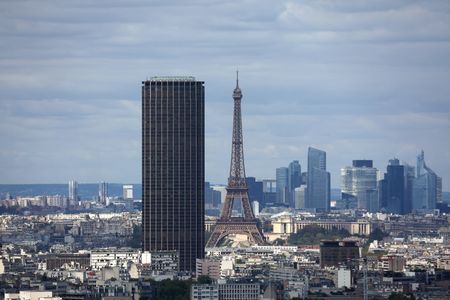BERLIN/PARIS (Reuters) -The new German government has signalled to France it will no longer object to treating nuclear power on a par with renewable energy in EU legislation, French officials said, confirming a published report.
The EU’s two largest economies have long been at loggerheads over whether to promote atomic power to achieve CO2 emissions targets, delaying policymaking on tackling climate change in the bloc.
France, which gets around 70% of its energy from atomic power, is nuclear energy’s main champion in Europe. Germany, which has phased out its nuclear plants, has viewed it as low-carbon but not renewable.
However, new German Chancellor Friedrich Merz, who has called exiting nuclear energy a mistake, has promised a reset in relations with France. Berlin was also becoming increasingly isolated, with many European countries planning to revive nuclear power to replace gas flows from Russia.
Germany’s new stance left Austria as the only major holdout left in Europe, and would put pressure on the European Commission to allow more funding for nuclear energy, Ellie Chambers, a power analyst at ICIS, told Reuters.
There are still many obstacles to nuclear projects, she warned, including financing and development issues, and new nuclear production would take a long time in the future to come on stream.
A French official confirmed a Financial Times report published earlier on Monday that Germany had signalled it was dropping its long-held opposition to nuclear power, in the first concrete sign of rapprochement with France.
The official pointed to a joint editorial by Merz and French President Emmanuel Macron earlier this month in Le Figaro, in which the two leaders said their countries would “realign their energy policies based on climate neutrality, competitiveness, and sovereignty”.
“This involves applying the principle of technological neutrality, ensuring non-discriminatory treatment of all low-carbon energies within the EU,” they said.
A German economy ministry spokesperson declined to comment on the report.
Nuclear energy is seeing a burgeoning revival across Europe, with Belgium passing a law that puts a stop to a planned phase-out, while Sweden and some countries in central Europe are planning to build more nuclear reactors.
(Reporting by Sarah Marsh in Berlin and Michel Rose in Paris; additional Reporting by Ludwig Burger in Berlin and Forrest Crellin in Paris; editing by Thomas Seythal, Jan Harvey and Bill Berkrot)

